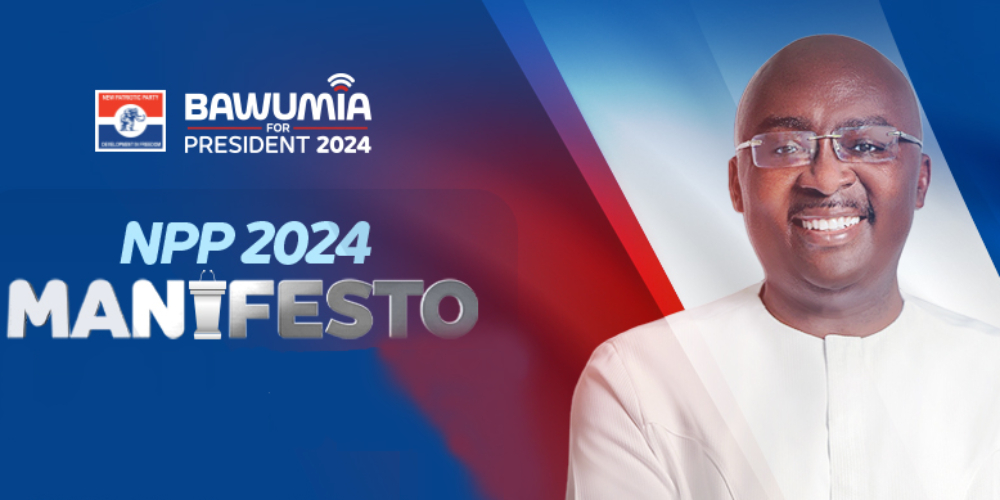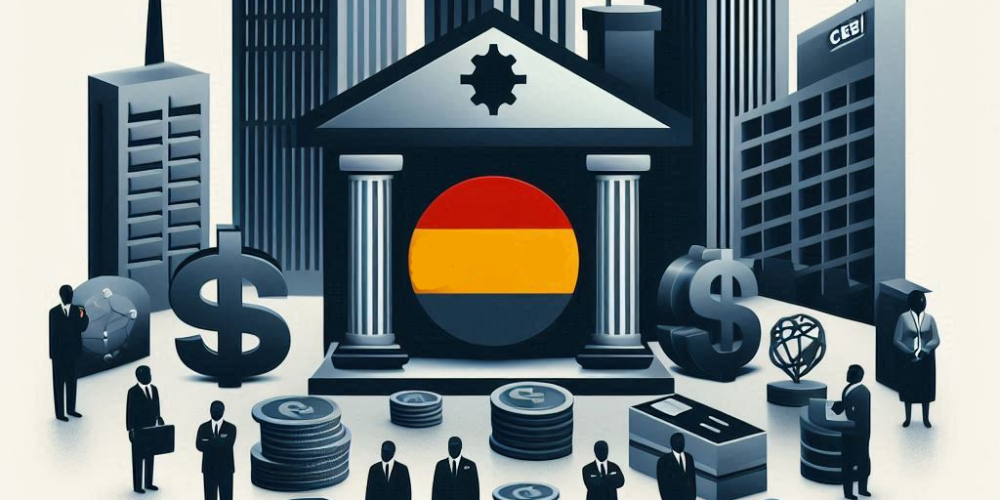Under Dr. Bawumia’s Presidency, Financial Analysts and Economists will experience significant empowerment that enhances their roles in shaping the economy. This empowerment stems from a commitment to data-driven decision-making, which provides access to comprehensive datasets for more accurate forecasts and analyses. As the economy stabilizes through targeted policies, analysts will find a clearer framework to evaluate key economic indicators, fostering confidence that translates into better investment strategies.
Moreover, the focus on advancing a digital economy will open new avenues for exploration, allowing Financial Analysts to assess emerging sectors and Economists to investigate the implications of digital transactions on growth and consumer behavior. The introduction of innovative financial instruments will create opportunities for analysts to develop and evaluate new products that align with market needs.
Top 5 Frequently Asked Questions
Question 1: How does Bawumia plan to achieve and sustain an average of 6% growth in Ghana’s economy?
Answer: The policy aims to achieve and sustain 6% growth by focusing on expanding key sectors like agriculture, mining, and strategic industrial initiatives. This includes targeted investments in agro-processing, fisheries, and initiatives like the One District, One Factory (1D1F) program. By modernizing agriculture and stimulating industrial growth, the policy seeks to drive job creation and increase productivity.
Question 2: What are the implications of introducing a flat tax system similar to Estonia’s?
Answer: A flat tax system simplifies the tax regime by applying a single tax rate to all taxpayers, regardless of income level. This approach could reduce compliance costs, improve tax collection efficiency, and encourage businesses to formalize, making it easier for them to understand their tax obligations and thus stimulating economic growth.
Question 3: How will amending the Fiscal Responsibility Act benefit the economy?
Answer: Amending the Fiscal Responsibility Act to limit expenditure to 105% of the previous year’s tax revenue aims to enforce fiscal discipline. It ensures that government spending is closely tied to its revenue base, preventing unsustainable deficits and enhancing the country’s eco
Question 4: How will the Bank of Ghana’s Gold Purchase Programme stabilize the exchange rate?
Answer: The Gold Purchase Programme will allow the Bank of Ghana to use gold to support the national currency and manage foreign exchange reserves. By stabilizing the exchange rate, this program will provide businesses with greater predictability, which is crucial for long-term planning, especially in import-dependent sectors.
Question 5: How does monetizing the digital ecosystem contribute to economic growth?
Answer: Monetizing the digital ecosystem, through initiatives like data marketplaces, allows Ghana to capitalize on the growing digital economy. By creating platforms where data is exchanged for economic value, the government can foster innovation, boost tech startups, and drive new revenue streams.





